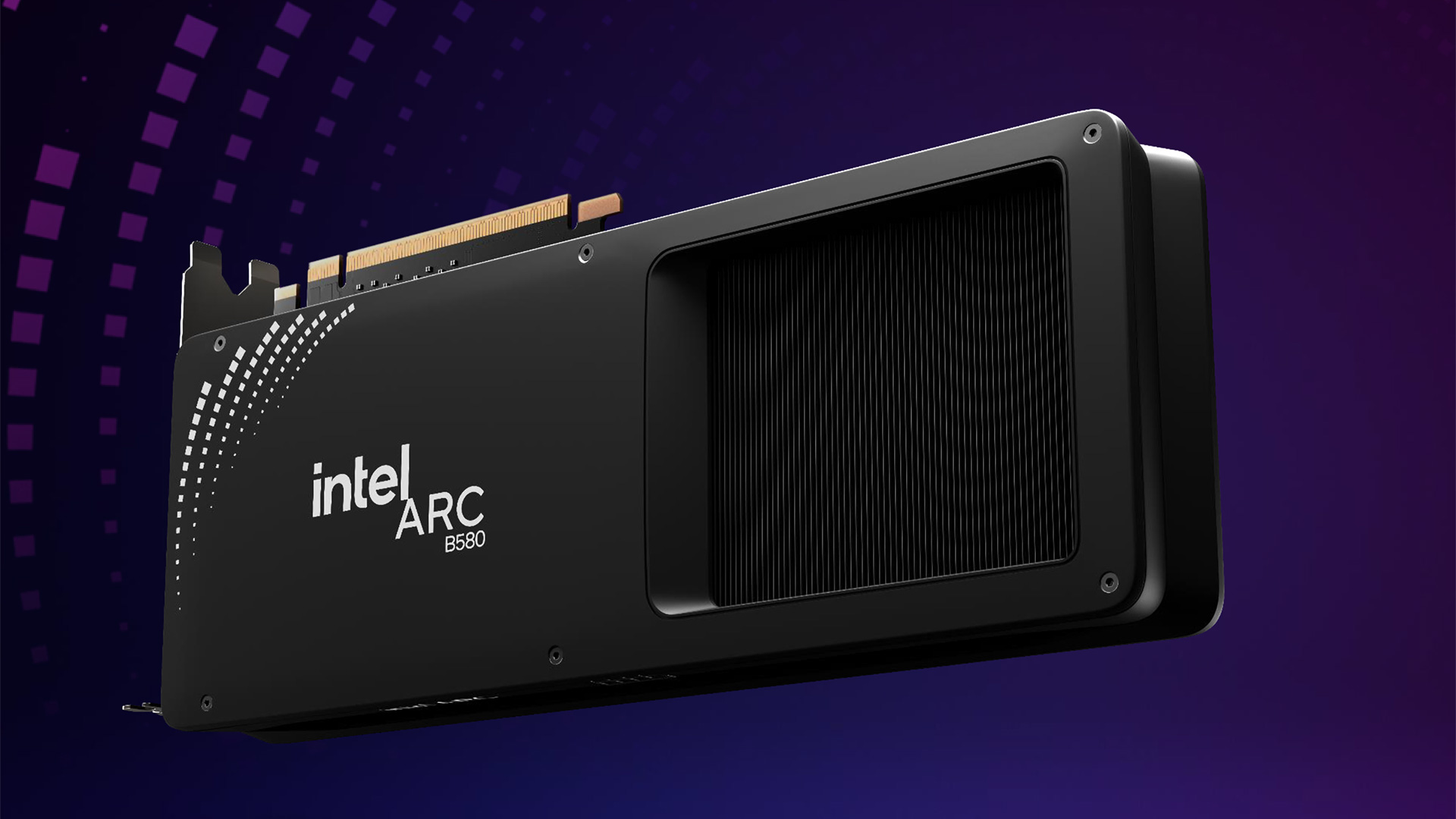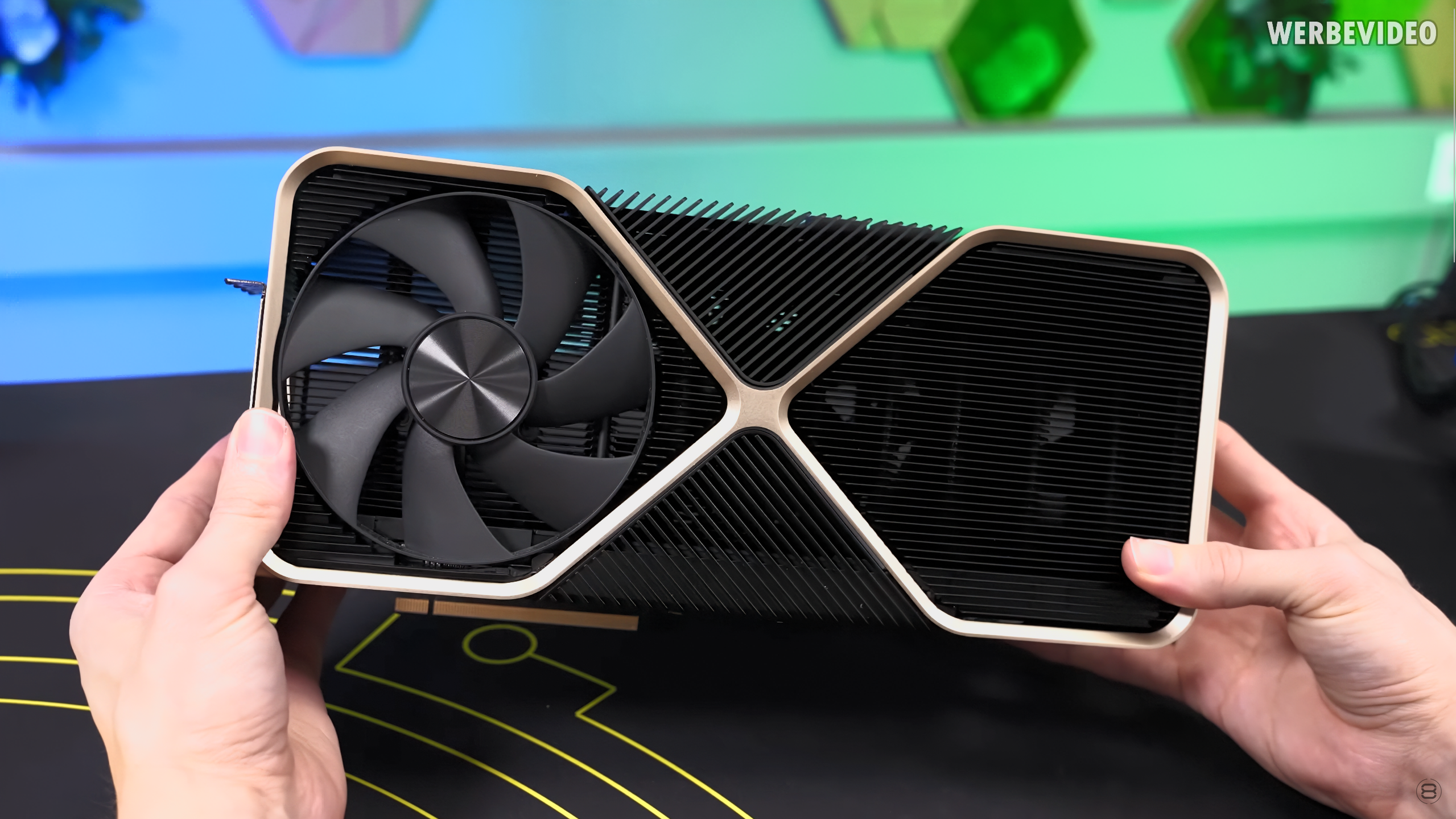## Big Brother is Watching Your RTX: U.S. Passes Law to Track High-End GPUs
Hold onto your controllers, gamers, because the government just dropped a bombshell. Forget the debate about microtransactions or loot boxes, a new law in the U.S. is about to change the very landscape of PC gaming – and it’s not for the better. In a move that raises serious privacy concerns, the government is mandating geo-tracking technology in all high-end gaming and AI GPUs. This means every time you fire up your rig, the government will know exactly where you are.

Transparency and Accountability

The bill’s mandatory reporting requirements aim to enhance transparency and accountability in the distribution and usage of high-performance computing hardware. By requiring manufacturers to track the location of their products, the government seeks to gain a clearer understanding of where these powerful chips are being deployed and by whom. This information could be crucial in identifying potential misuse or diversion of these technologies for illicit purposes, such as the development of advanced weaponry or cyberattacks.
However, the potential for misuse of the collected data raises significant concerns. Critics argue that the government could use this information to surveil individuals or companies, potentially violating their privacy rights. There is also a risk that the data could be compromised through hacking or leaks, exposing sensitive information about users and their activities.

Balancing National Security with User Privacy
The bill represents a delicate balancing act between national security considerations and the protection of user privacy. While the government has a legitimate interest in safeguarding its national security, it must do so in a way that respects the fundamental rights of its citizens. Excessive surveillance can have a chilling effect on innovation and free speech, as individuals and companies may become hesitant to engage in activities that could be perceived as suspicious.
Striking the right balance requires careful consideration of the potential benefits and risks of geo-tracking technology. The government should explore alternative methods for achieving its national security goals, such as targeted sanctions or export controls, that have a lower impact on privacy. Furthermore, robust safeguards must be implemented to protect the collected data from misuse and unauthorized access. These safeguards could include encryption, anonymization techniques, and strict access controls.

Impact on Gamers and the Future of Hardware
Price Increases and Feature Limitations
The mandatory implementation of geo-tracking technology is likely to increase the cost of high-performance GPUs, as manufacturers will need to invest in the development and integration of this new functionality. This price increase could be passed on to consumers, making gaming hardware less affordable, especially for budget-conscious gamers.
Moreover, the focus on security features could lead to manufacturers prioritizing functionality over performance. This could result in GPUs with limited features or slower processing speeds, impacting the gaming experience.
Gaming Performance and Latency
The addition of geo-tracking technology could potentially introduce latency issues, as the hardware needs to constantly communicate with servers to verify its location. This could negatively impact online gaming experiences, causing lag and affecting competitive gameplay.
The added processing load required for geo-tracking could also strain the performance of GPUs, leading to reduced frame rates and stuttering during demanding games. This could be especially noticeable in graphically intensive titles that push the limits of modern hardware.
The Global Gaming Landscape
The bill’s implications extend beyond the United States, potentially disrupting the global gaming market. If U.S. manufacturers are forced to implement geo-tracking technology in their products, it could create a competitive disadvantage for them in international markets where such requirements are not in place. This could lead to a fragmentation of the gaming hardware market, with different regions having access to different types of hardware.
Furthermore, the bill could escalate tensions between the United States and other countries, particularly China, which is a major player in the global gaming industry. Geo-tracking requirements could be seen as a form of economic coercion, hindering the development and growth of the Chinese gaming sector.
Conclusion
So, the hammer has fallen. The U.S. has officially mandated geo-tracking technology in high-end gaming and AI GPUs, sending shockwaves through the tech community. The bill, driven by national security concerns and the looming threat of AI misuse, aims to keep powerful processing capabilities from falling into the wrong hands. While proponents argue this is a necessary step to prevent malicious actors from weaponizing advanced tech, critics decry it as a blatant invasion of privacy and a stifling blow to innovation.
This isn’t just about where your GPU is physically located; it’s about control. The government now holds the key to monitoring the usage of these powerful tools, potentially hindering research, artistic expression, and even casual gaming. What are the long-term implications for individual freedoms? Will this move pave the way for even greater surveillance in the digital realm? The answers remain shrouded in uncertainty, but one thing is clear: the line between progress and control has become dangerously blurred. We stand at a crossroads, and the choices we make today will shape the future of technology and our relationship with it.
The digital world we’ve built is becoming increasingly entwined with our physical realities. This new reality demands careful consideration. Are we willing to sacrifice privacy for perceived security, or will we fight to preserve the freedoms that make the digital world truly empowering? The answer, ultimately, lies in the hands of each individual.